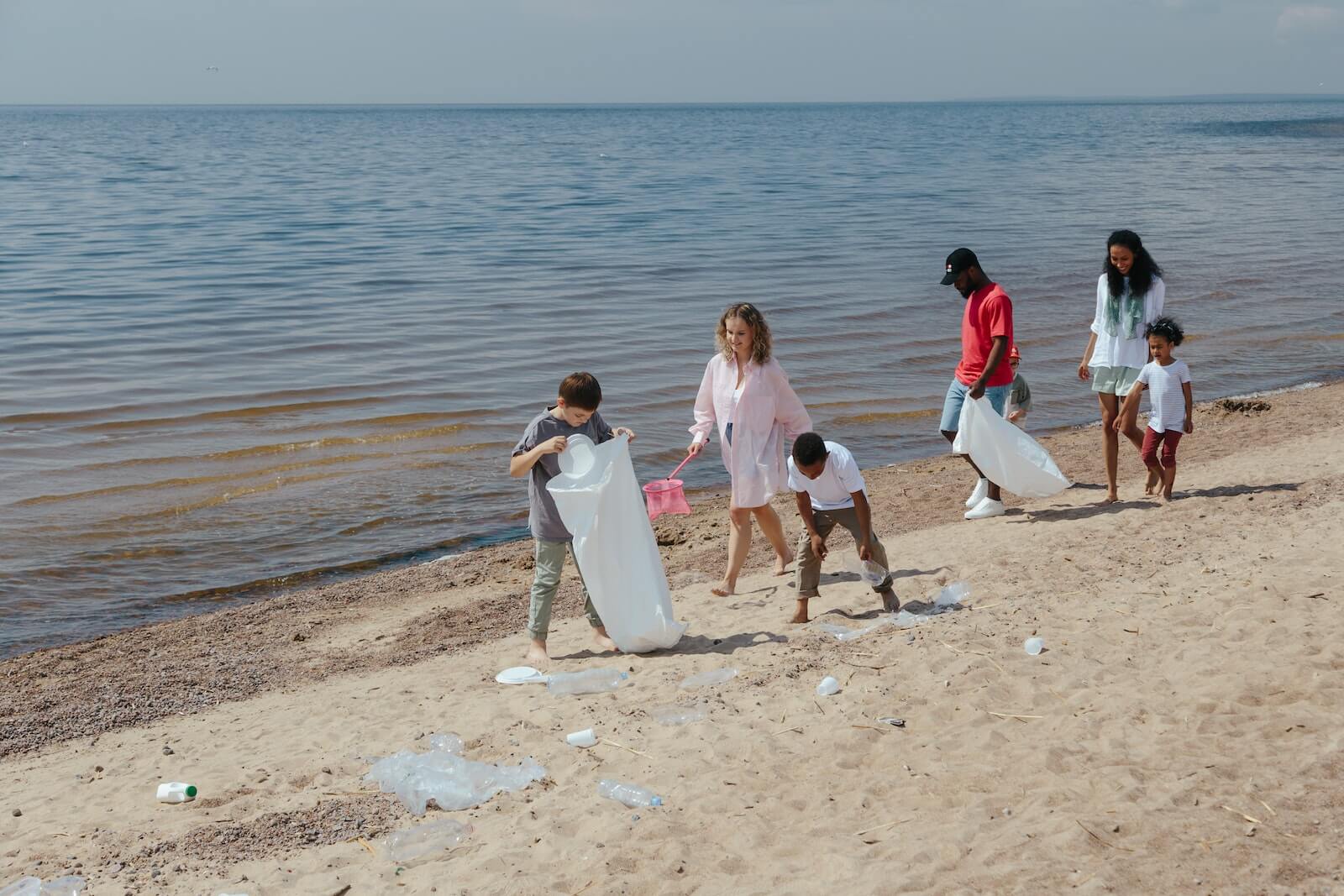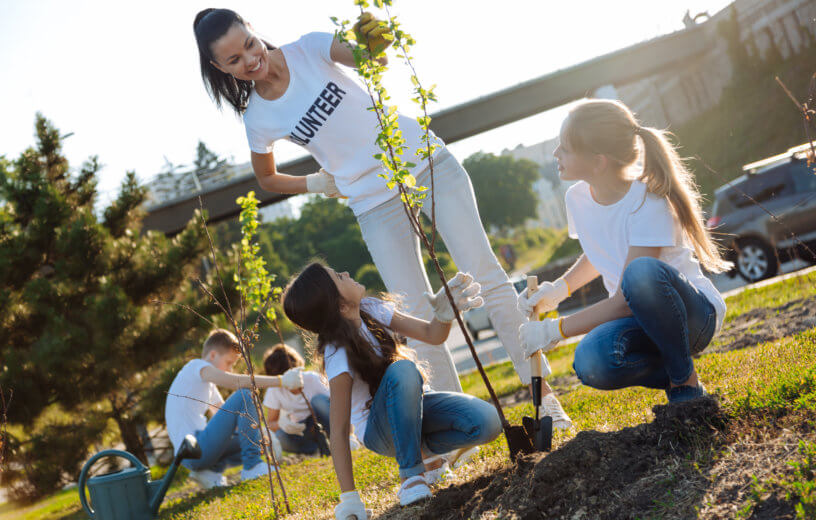HOUSTON — Selflessness may be the best way to help ourselves during adolescence, according to new research conducted at the University of Houston. Researchers found that young children and adolescents who volunteer tend to feel better both mentally and physically than many of their peers.
This study was led by Kevin Lanza, PhD, assistant professor of epidemiology, human genetics, and environmental sciences at UTHealth Houston School of Public Health. All in all, study authors say adolescents who volunteered over the past year were in better physical health, had a more positive outlook on life, and were less likely to exhibit anxiety, depression, or behavioral problems compared to others who did not volunteer.
“These study results bring optimism that youth volunteering could be a win-win, where youth are serving society to their own benefit,” says Lanza, who is based in Austin, in a university release. “Further, youths may be joined by household members and others while volunteering, strengthening social bonds while building community.”
The benefits of volunteering on health and well-being among adults are fairly well established. Two earlier studies featuring small sample sizes found that teens who volunteer may be in better health, and more engaged at school than other students. However, Prof. Lanza notes the influence of volunteering on youths has largely remained unknown, inspiring him to conduct this study.

The research team analyzed parent-reported data originally collected by a long-running national survey that tracked the health and well-being of American children and teens. More specifically, that earlier project encompassed close to 52,000 children and teens between ages six and 17 who participated in a survey between 2019 and 2020. Among the respondents, one in three kids and just over half of teens reported performing volunteer work over the prior year.
Parents whose kids were volunteering were also 33 percent more likely to report their child was in “very good” to “excellent” health in comparison to parents whose kids did not volunteer. Those same parents were also between 18 and 35 percent less likely to report their child experienced depression or anxiety, or had behavioral problems, over the prior year.
Additionally, both children and teens who volunteered were 66 percent more likely to be classified as “flourishing” – based on how parents answered questions covering their kids’ curiosity, willingness to complete tasks, and ability to stay calm in the face of challenges.
This project was somewhat limited, however, by the potential response bias within parent-reported data. Moreover, researchers add that the study’s results ultimately do not answer the conundrum of whether kids who were already healthy and flourishing were more likely to volunteer in the first place. Moving forward, Prof. Lanza is hoping to conduct more research exploring the cause-and-effect relationship of volunteering on kids’ health and well-being.
“There is a wealth of volunteering options for youth in different settings – parks, schools, hospitals – and with different purposes, such as environmental conservation or health promotion,” he concludes. “Volunteer experiences may help shape values and interests in youth that track into adulthood.”
The study is published in JAMA Network Open.
You might also be interested in:
- Good deeds cure bad seeds: Study sheds light on how to change dark personalities
- Helping dogs comes naturally to children, study finds
- The kindness cure: Good news counteracts bad effects from negative media reports

